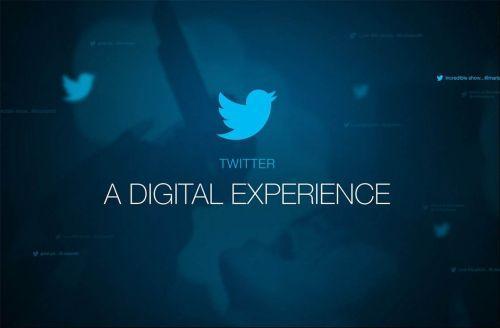New Research Explores Twitter’s Impact on Hobby Communities
(Study Analyzes Twitter’s Role in Hobbyist Networks)
A new study examines how Twitter supports hobbyist groups. Researchers investigated various hobby communities active on the platform. They focused on understanding how people connect and share information.
The study looked at different hobbies. Examples include birdwatching, knitting, and video game modding. Researchers analyzed thousands of public tweets over six months. They tracked conversations and interactions within these groups.
Findings show Twitter acts as a key hub for hobbyists. People use it to share tips, solve problems, and showcase their work. The platform helps hobbyists find others with similar interests. This is especially useful for people with uncommon hobbies.
The research highlights the speed of information exchange. Hobbyists get answers to questions very quickly. They also receive feedback on projects almost instantly. This real-time interaction is a major benefit noted in the study.
Researchers observed strong community building. Users form connections based on shared passions. These connections often lead to collaboration on projects. Support and encouragement are common within these networks.
The study also identified challenges. Information overload can sometimes be a problem. Keeping up with fast-moving conversations requires effort. Disagreements within communities can also occur.
Lead researcher Dr. Alex Chen commented on the results. “Twitter provides unique spaces for hobbyists. It breaks down geographical barriers. People connect globally over shared interests. This fosters knowledge sharing and innovation within hobbies.”
The research team gathered data from public profiles and tweets. They used anonymized methods to protect user privacy. Analysis involved both computer tools and manual review. This ensured a deep understanding of community dynamics.
Results suggest Twitter is vital for many niche hobby groups. It offers resources often unavailable locally. The platform’s structure supports both learning and social interaction. For many hobbyists, it has become an essential tool.
(Study Analyzes Twitter’s Role in Hobbyist Networks)
The study provides insights for platform designers. Understanding these communities can help improve user experience. It also offers value to hobby groups seeking to grow online. The research was funded by the National Social Science Foundation.

